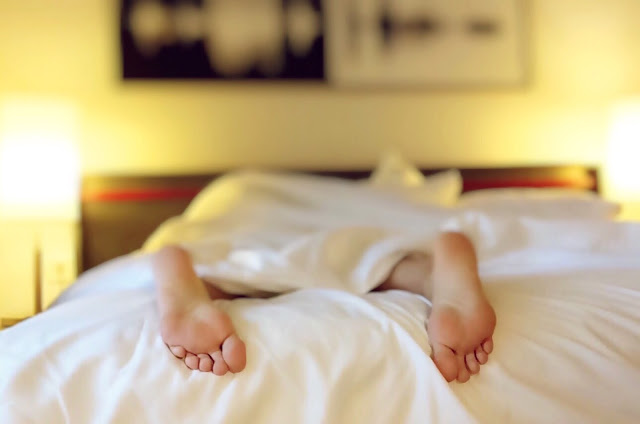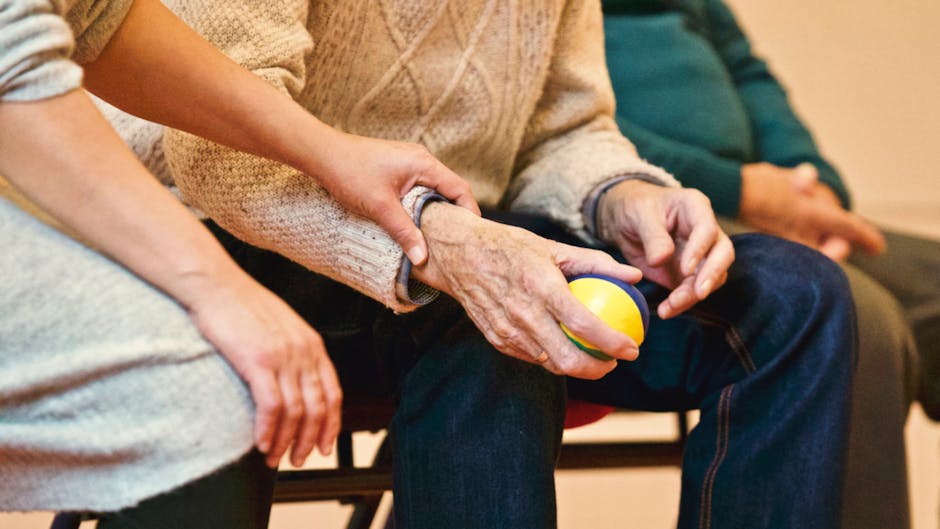From time to time we all experience some trouble getting to or staying asleep at night. If this is not a regular occurrence, it isn't a big deal, however for those of you reading this who experience difficulty in either of those areas more nights than not, it can become a real problem. Each person needs different amounts of sleep at night to feel their best. In general, optimal ranges are between 7 and 8 hours of uninterrupted sleep per night. The reason I want to stress uninterrupted sleep is because waking up mid way through an 8 hour cycle can be even worse for you then only having slept 5 or 6 full hours in a night. Our bodies need to get into and stay at those deeper levels of sleep in order to fully reset and recharge. These deeper levels of sleep only become effective the longer we can stay in them, and they occur in greater length the more into our sleep we get. Not sleeping enough, or waking up half way through interrupts this and causes us to feel groggy, foggy and cranky in the morning. Not a great way to start the day. Fortunately, there are some habits you can implement that will help you fall asleep and stay asleep without having to resort to medications or even supplements. I highly recommend trying these 3 simple things first, potentially addressing the root cause, before grabbing a bottle of sleeping pills or even a supplement for that matter.
1. Get rid of the electronics
This is a big one! A lot of us are guilty of this mistake more often than we care to admit. Laptops, phones, tablets, TVs and the sun emit a lot of blue light. Blue light is a short wave length light that is high in energy. It causes strain and fatigue on your eyes but can be very stimulating for your brain. Having this light emitted near you just before bed can seriously mess with your natural sleep rhythm. It tricks your brain into thinking the sun is up and powerfully suppresses your natural melatonin production. Melatonin is a hormone that tells your body when it is time for bed. When it gets suppressed or altered, we have a lot more difficulty falling asleep, and even more so, staying asleep. So while you may think falling asleep watching your favourite (or least favourite?) show is a nice way to go down for the night, you're actually doing yourself a disservice. Instead, try to avoid screen time at least 30 minutes before you plan to get some shuteye.
If you insist on staying up on that laptop or cell phone right until the moment you fall asleep, I recommend you look into downloading F.Lux. It's a free blue light filter for your phone and computer screen that gets rid of that blue light for you, making it easier on your eyes and better for your sleep. It can be left on 24/7 or set to cycle with your wake and sleep patterns. Try it out!
If you insist on staying up on that laptop or cell phone right until the moment you fall asleep, I recommend you look into downloading F.Lux. It's a free blue light filter for your phone and computer screen that gets rid of that blue light for you, making it easier on your eyes and better for your sleep. It can be left on 24/7 or set to cycle with your wake and sleep patterns. Try it out!
2. Tidy up!
Keep your room clean! It's easy to let clothes pile up on the floor, papers stack and scatter on desks and random items placed in corners or just all over the place. Whether you like to admit it or not, seeing the place that is supposed to be safe and relaxing in chaos causes us stress and anxiety. This is not a good recipe for restful sleep. The place you choose to get your rest and relaxation should be tidy! Leave the mess outside the door, just keep the bedroom clear! Tidying your room can make a huge difference and costs you nothing. Make it a habit to put things away so the task never becomes daunting and start enjoying some better sleep!
3. Sleep and sex only!
Simply put, save the bedroom for only these tasks. Your brain becomes programmed to associate certain areas and situations with specific things it needs to do or be ready for. Making the bedroom a safe place for sleep and sex helps program the brain to be relaxed when you get ready for bed. Do not go to your bed or bedroom to get work done, study, exercise, or argue with a loved one. All of these things will start to train your brain to expect stress when in bed. When your brain is primed to expect stress, it is not ready for restful sleep. Make it a habit to get everything done and resolve any lingering issues before entering the bedroom, and even more importantly, the bed itself. A peaceful mind will lead to a more peaceful sleep.
If you're one of many who struggles to get a full night of recharging sleep, make sure you're doing the above 3 things correctly before you resort to anything else! 1 or more of these things could be the root cause of you not sleeping properly at night. If that is the case, taking something to help you sleep will only ever be a bandaid solution, never really getting to the real reason you're always tired.
If you have any other tips or tricks that help you get an amazing sleep, please share, I'd love to know!
Dr. Rob Raponi ND, CISSN, B.Kine(Hons)
www.msknaturopathic.com
Dr. Rob Raponi ND, CISSN, B.Kine(Hons)
www.msknaturopathic.com







